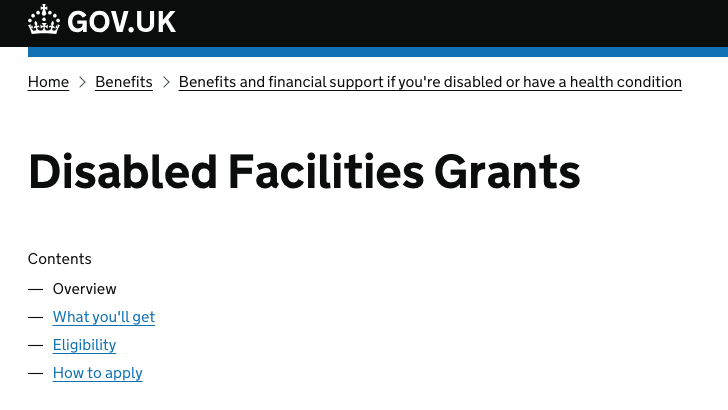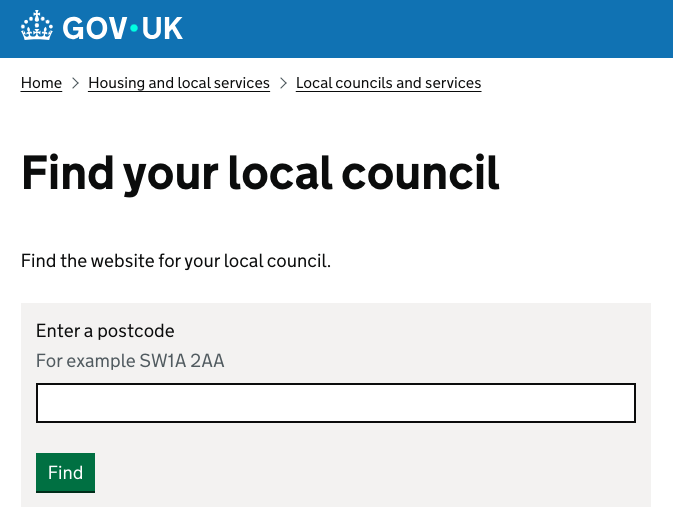How to Get a Stair Lift on the NHS: What You Need to Know
If you or a loved one are struggling with the stairs at home, you might be wondering: Can I get a stair lift through the NHS? It’s a very common question—and an important one. While stair lifts can be life-changing, they can also be costly. So naturally, many people turn to the NHS or local authorities to see if financial help is available.
The short answer is: you typically can’t get a stair lift directly from the NHS, but there are ways the NHS can help you access one through other channels—usually via your local council and funding schemes like the Disabled Facilities Grant.

Let’s walk you through the process, step by step.
1. Start with Your GP or Healthcare Professional
If you’re struggling with mobility at home, speak to your GP, district nurse, or another healthcare professional. They may refer you to an occupational therapist (OT)—and that’s the key starting point.
An OT can carry out a home assessment to evaluate your needs and determine whether a stair lift would improve your safety and independence at home. This isn’t just a box-ticking exercise; it’s a personalised assessment that considers your daily life, any medical conditions, and the layout of your home.
Tip: You can also self-refer to an OT via your local council’s adult social care department. Just visit your local authority’s website or give them a call.
2. How To Get A Stair Lift On The NHS: Your Local Council

Once the occupational therapist has made their recommendations, your local council takes over in terms of arranging funding or adaptations.
Here’s where things get important: if the OT agrees that a stair lift is necessary, they may recommend you for a Disabled Facilities Grant (DFG).
3. The Disabled Facilities Grant (DFG)
This is the most common way people in the UK receive help paying for a stair lift.
-
✅ It’s means-tested, which means your income and savings will be considered (though for children, it’s not means-tested).
-
✅ You could receive up to £30,000 in England (different limits apply in Wales and Northern Ireland).
-
✅ It can be used to cover home adaptations, including stair lifts.
The grant application is handled by your local authority, not the NHS directly—but the process is often set in motion by your NHS occupational therapist’s recommendation. Visit this page of the government website for details of DFGs.
Important: Don’t arrange for a stair lift installation before your grant is approved. The funding can’t be applied retrospectively.
4. Other Sources of Help
If you’re not eligible for the DFG or need support more urgently, there are other potential avenues:
-
Local Authority Schemes: Some councils offer smaller-scale grants or interest-free loans.
-
Charities and Nonprofits: Organisations like Age UK, Turn2us, and The ACT Foundation may offer assistance.
-
NHS Continuing Healthcare: In rare cases where someone receives NHS continuing healthcare at home, equipment such as a stair lift might be provided—but this is very uncommon.
So, Can You Get a Stair Lift on the NHS?
Not directly. The NHS doesn’t usually provide stair lifts itself, but it does play a key role in helping you access one through the right channels—especially via an OT (Occupational Therapist) referral and council support. It’s all about starting the process through your GP or local adult social care services.
Final Thoughts
Getting a stair lift can make an enormous difference in safety and quality of life. While NHS funding won’t pay for it outright, they’re an important part of the journey—helping to assess your needs and connect you to available grants.
If you’re unsure where to begin or feel overwhelmed by the process, we’re here to help.
Speak to the team at UK Stairlifts today to learn more about your options, including affordable reconditioned stair lifts and guidance on accessing grants. Call us on 0800 046 3438 or get in touch via our contact page: https://ukstairlifts.com/contact/
We’re always happy to talk you through your options—no pressure, just practical advice.


